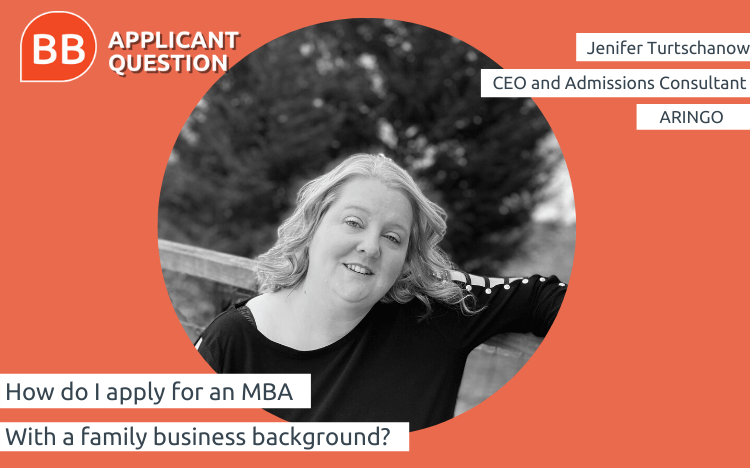
One-year vs two-year MBA
If you are looking for more in-depth hands on training, two-year MBA programs typically offer concentrations that let you take a deeper dive in functional areas and complete an internship.
Depending on the transition timeline, you may even seek a few years’ work experience to build your skill set and leverage your MBA network to have a better vantage point when you transition to your role in the family business.
On the other hand, a one-year MBA is a quick way to gain foundational business knowledge and management skills and quickly return to the business for practical application.
European and UK schools are particularly good for this model. There are programs in the US that have one-year accelerated full-time programs, like Duke, Cornell or USC IBEAR; however, the most famous for family business is Columbia’s J-term program. If there is no way for you to step away from the business, you can also consider top ranked part-time or online MBA programs.
The best advice for making your family business experience shine in your b-school applications and interviews is to start by writing a job listing to fill your role—better yet, have a colleague write one as well.
This will help you take inventory of what you add to the business with a good balance of confidence and humility.
Ask an admissions expert a question
Next time, you'll have the chance to ask David White, founding partner at Menlo Coaching, anything you want about getting into business school. 
David has been coaching MBA applicants on how to get accepted to their perfect school since 2012. His special focus is helping applicants to develop their career goals.
Prior to his work with Menlo, David's 15 year career spanned both startups like Efficient Frontier, and giants like Yahoo and Traevelzoo, in Europe and the US.
Got a question you'd love David to answer? Submit your question.
RECAPTHA :
07
db
82
83







